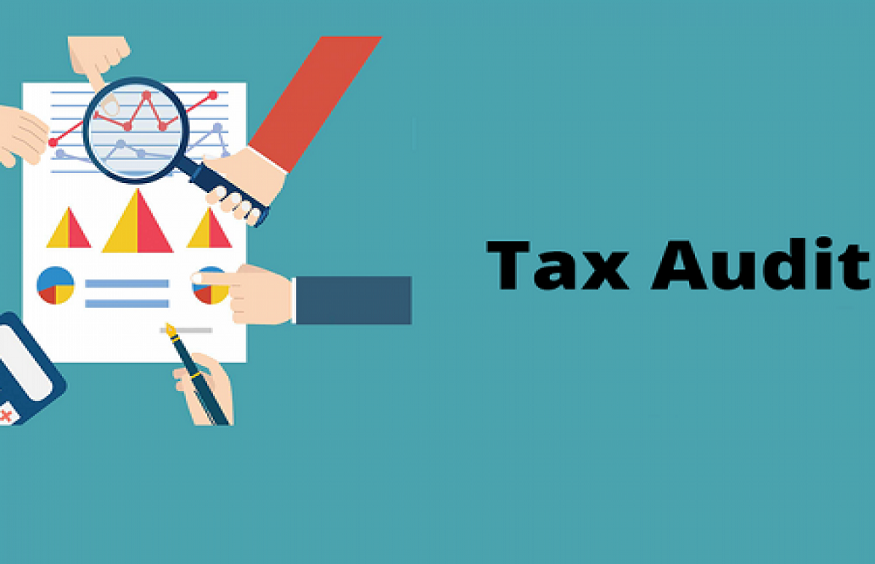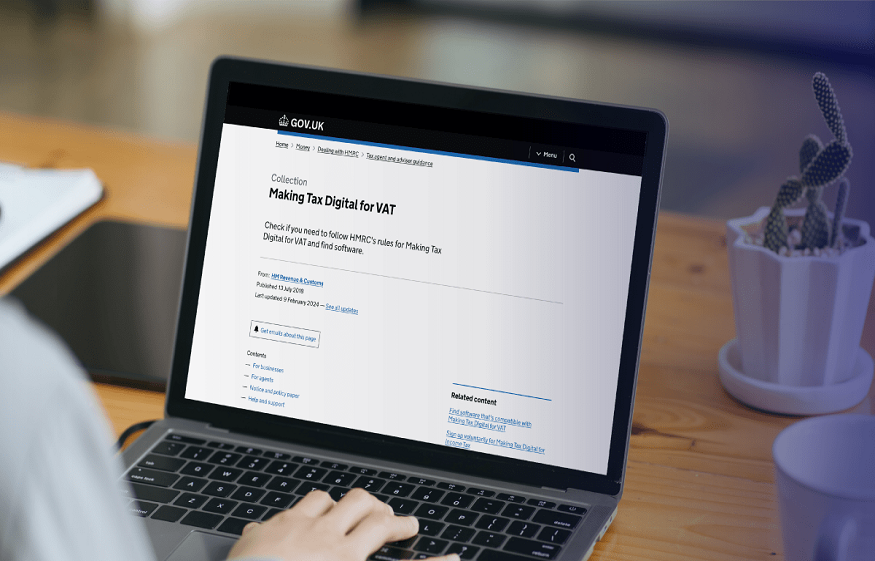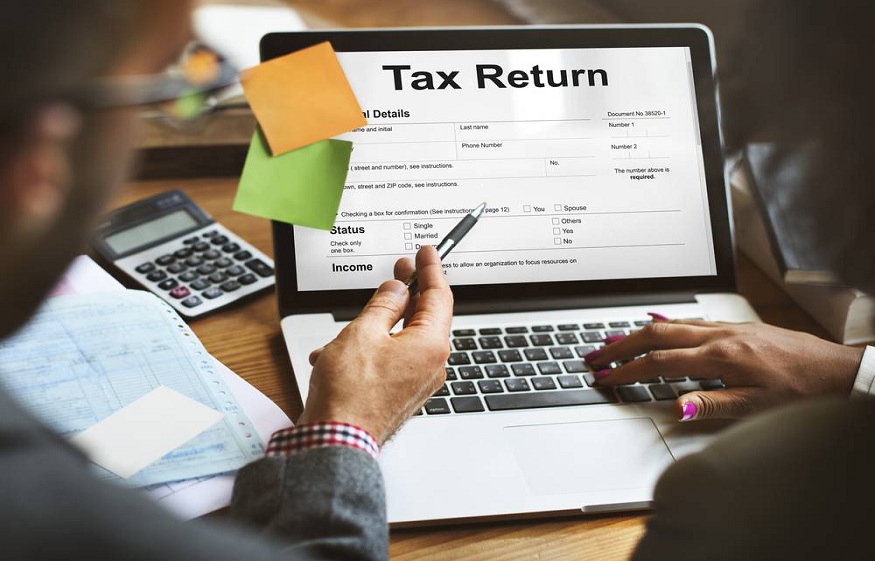The Smart Guide to Preparing for a Tax Audit with Confidence
For individuals and businesses, receiving a tax audit notice from the IRS can be a daunting experience. However, with proper preparation and expert guidance, the process can be navigated efficiently and effectively. Working with experienced Virginia Beach accounting services providers can help ensure that financial records are accurate, complete, and compliant with tax regulations. Effective tax audit preparation involves understanding audit triggers, organizing financial documentation, and developing a strategic response plan. By partnering with knowledgeable accounting professionals, taxpayers can minimize potential penalties, reduce stress, and ensure a favorable outcome.
Understanding Tax Audits
A tax audit is a thorough examination of an individual’s or business’s tax return by the Internal Revenue Service (IRS) or state tax authority to verify the accuracy and completeness of reported income, deductions, credits, and exemptions. The purpose of a tax audit is to ensure compliance with tax laws and regulations and to identify any discrepancies or irregularities that may result in additional taxes, penalties, or interest. Tax audits can be triggered by various factors, including inconsistencies in tax returns, failure to report income, or claims of excessive deductions or credits. During an audit, the IRS may request documentation, conduct interviews, and review financial records to substantiate tax-related items.
Types of Tax Audits
- Correspondence Audit: The IRS sends letters or notices requesting documentation.
- Office Audit: In-person audit at an IRS office.
- Field Audit: On-site audit at the taxpayer’s home or business.
- Taxpayer Compliance Audit: Focuses on specific issues or industries.
How is a Tax Audit Prepared?
Here’s a step-by-step guide on how to prepare for a tax audit:
Step 1: Understand the Audit Notice (Within 10-15 days)
- Review the audit notice carefully.
- Verify the tax year and period under audit.
- Identify the specific issues or areas under examination.
- Determine the audit type (correspondence, office, or field audit).
Step 2: Gather and Organize Records (Within 30-60 days)
- Collect all relevant financial records and documents.
- Organize records chronologically and by category.
- Ensure records are complete, accurate, and legible.
- Scan and digitize paper records for easy access.
Step 3: Review and Analyze Records (Within 1-2 weeks)
- Review records for accuracy and completeness.
- Analyze transactions and identify potential issues.
- Identify supporting documentation for deductions and credits.
- Prepare explanations for unusual or complex transactions.
Step 4: Consult a Tax Professional (Optional)
- Engage a certified public accountant (CPA) or enrolled agent (EA).
- Provide professionals with audit notices and records.
- Discuss strategy and potential outcomes
Step 5: Prepare Responses and Submissions (Within 1-2 weeks)
- Prepare written responses to audit questions.
- Gather and submit supporting documentation.
- Ensure timely submission of requested information.
Step 6: Attend Audit Meeting (If Required)
- Be prepared to discuss records and transactions.
- Provide clear explanations for audit questions.
- Take notes during the meeting.
Step 7: Review and Respond to Audit Findings (Within 30 days)
- Review audit reports and findings.
- Respond to proposed adjustments or changes.
- Negotiate or appeal findings, if necessary.
Step 8: Finalize Audit Resolution (Within 30-60 days)
- Receive the final audit report and closing letter.
- Pay any additional taxes or penalties.
- Implement corrective actions to prevent future issues.
Bottom Line
Effective tax audit preparation is crucial for individuals and businesses to navigate the complex and often daunting process of a tax audit. By understanding the audit notice, gathering and organizing records, reviewing and analyzing transactions, and consulting with a tax professional, taxpayers can significantly reduce the risk of additional taxes, penalties, and interest. Moreover, proactive preparation enables taxpayers to address potential issues promptly, ensure compliance with tax regulations, and maintain a strong defense against audit findings.
By implementing these strategies, taxpayers can approach a tax audit with confidence, minimize potential liabilities, and ensure a favorable outcome. Ultimately, thorough tax audit preparation is an investment in peace of mind, financial security, and compliance with tax authorities.



